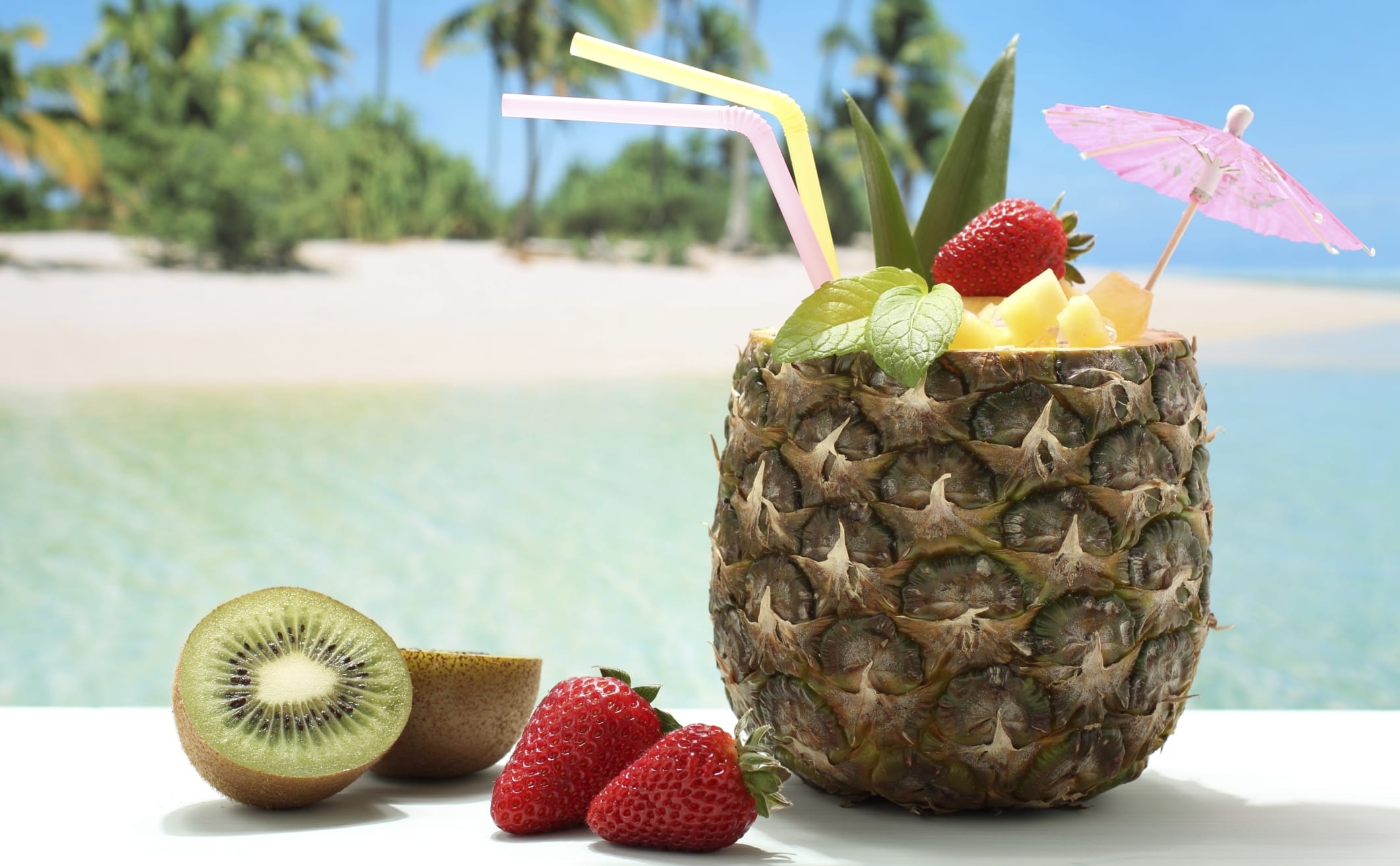When you go on vacation to a distant country that is very different from your own, one of the most beautiful things is undoubtedly discovering local cuisine and typical products.
However, the experience can also prove to be particularly dangerous, especially if the stay's destination is exotic countries or those with precarious hygiene standards.
Risks of Holidays in Exotic Places
One of the most often incurred risks when going to these places is to be victims of food poisoning. One in three travelers gets sick from water and food. Generally, these are gastrointestinal disorders caused by the consumption of contaminated water and food: disorders that can occur in the form of transient pathologies with mild symptoms but which, in the worst case, can also develop into more serious pathologies such as hepatitis A, cholera and typhoid.
Read also: How to Organize Summer Vacations
Consequently, it's crucial to pay great attention to minimize any possibility of contracting gastrointestinal infections and diseases. Here are some useful tips:

- In countries with unsanitary conditions, never drink tap water and don't even use it to brush your teeth.
- Drink only water contained in sealed bottles.
- Avoid refreshing drinks with ice as the water used could be tap water.
- Do not buy food from street vendors or shops where you see hygienic conditions are not optimal.
- Avoid eating raw foods and choose only well-cooked ones.
- Vegetables must also be well cooked, while fresh fruit can only be eaten raw if still peeled.
- Avoid salads if you are unsure of the potability of the water they have been washed with.
- Avoid raw eggs and seafood, as even if cooked, they can still contain biotoxins that are not destroyed even with cooking.
-
Also read: How to Take Care of Your Car in Summer
- Avoid eating dishes that have been on display for too long inside the restaurant or on street vendors' stalls as bacteria and parasites may have contaminated them.
- As for the milk, it is good to make sure that it has been pasteurized or boiled.
- Cream, creams, fresh cheeses, and unpackaged ice creams should also be avoided.
- On the other hand, dry bread and biscuits are among fairly safe foods as they are not very perishable.
- Do not forget to always wash your hands thoroughly before eating and, if possible, also get a disinfectant product.
- Finally, wherever you go on vacation, remember to always carry some packaged food with you to consume in an emergency.
Adapted and translated by The Cop Cart Staff
Sources: Non Sprecare







